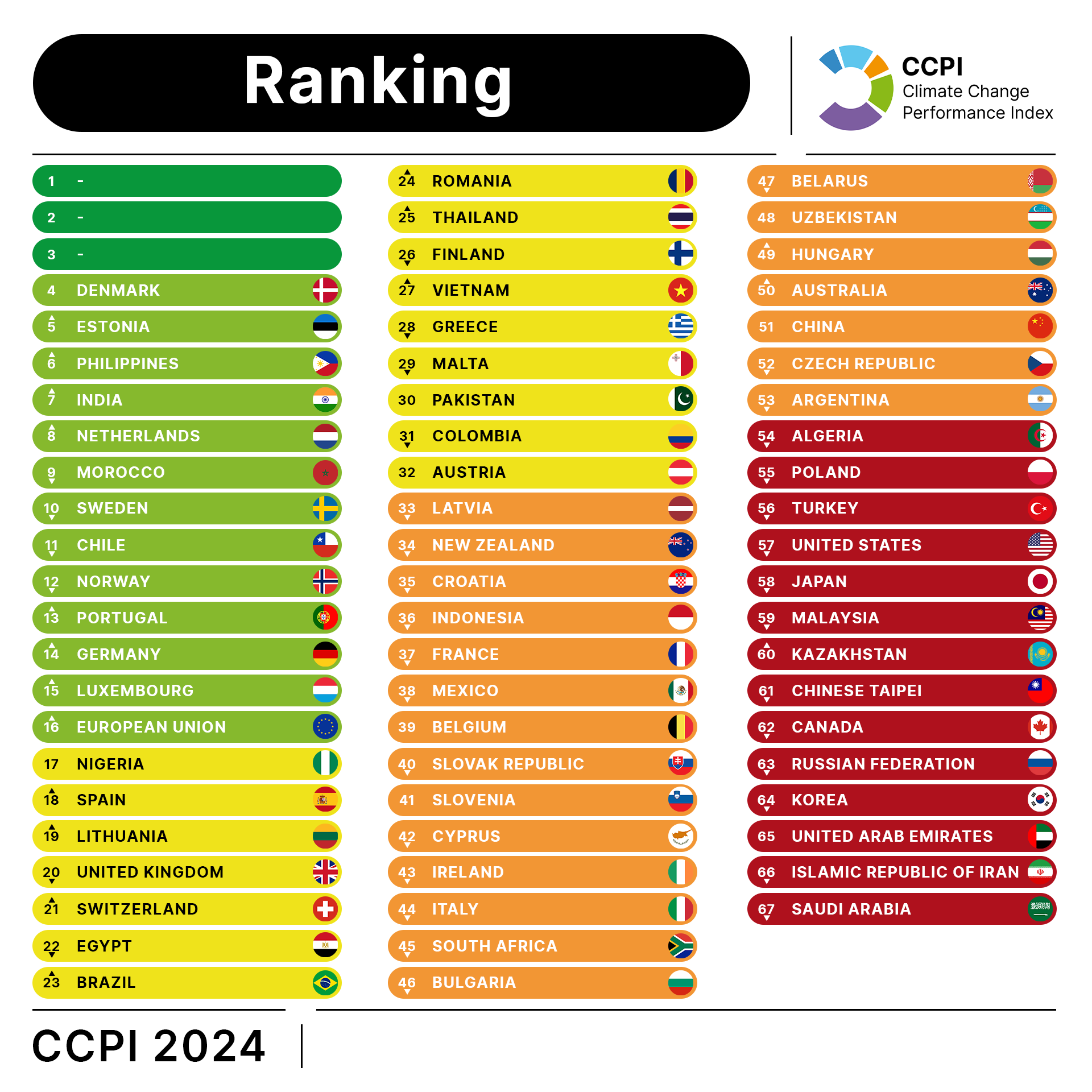COP 28 is in the hot final phase

The almost two hundred countries are currently struggling in Dubai to formulate the final document, a struggle to phase out fossil fuels. All countries have different interests, dependencies and opportunities to switch to renewable energies. But for the first time, the final text is to include the phase-out in the text. However, it is not yet clear in what form: as a "phase-out" (complete phase-out) or "phase-down" (gradual phase-out) or "unabated" (including CCS, i.e. the storage and capture of CO2).
Exit is unavoidable
Surprisingly, the President of the 28th UN Climate Change Conference, Al Jaber, said on Friday morning in Dubai: "Something unprecedented will happen!" and expressed optimism that a consensus would be reached by tomorrow, Tuesday, and also said that the phase-out of fossil fuels was "unavoidable". Nobody had expected this, considering his statements on this topic before the COP. And as president of an oil company to boot. On Saturday morning, there were five different formulation proposals, ranging from a very progressive phase-out scenario to no mention in the text.
According to the Intergovernmental Panel on Climate Change (IPCC), emissions must fall drastically by 2030 if we are to meet the 1.5 degree target at all - by 43%. This can only be achieved through an immediate and significant reduction in oil and gas consumption. Researchers agree that CCS - often mentioned recently - has only a negligible effect on the greenhouse effect and that the only solution is to phase it out.
The latest climate protection index is disappointing
As part of the climate conference in Dubai, the International Climate Protection Index was published by Germanwatch, in which 63 countries plus the EU are assessed on their progress in climate protection. Together, these countries are responsible for more than 90 percent of global greenhouse gas emissions. Austria is once again in 32nd place, lagging behind countries such as Portugal, Germany and Brazil. As in previous years, the top three places remained vacant because, according to the authors of the study, no country has done enough to protect the climate.

Source: NewClimate Organization
The report concludes that global efforts to date have still fallen short. Global emissions must be almost halved by 2030, and most of this is likely to come from reducing the use of fossil fuels.
As in previous years, not a single rated country complied with the 1.5 degree limit. Nevertheless, there are big differences in ambition: Denmark is again at the top of the index (4th place), followed by the climbers Estonia and the Philippines (5th and 6th place). Unfortunately, not everyone is following this good example: China, the largest emitter, remains in 51st place, while the USA has actually dropped five places since last year (now in 57th place). The host of COP28, the United Arab Emirates (UAE), Iran and Saudi Arabia form the final trio (65th to 67th place).
The entire climate protection index can be found at: http://www.ccpi.org/
The EU position is exit
The German Foreign Minister Annalena Baerbock was sent forward as EU negotiator to defend the EU position. This is that there must be a phase-out in the text. Furthermore, technologies such as CCS should only be available for heavy industry (e.g. cement plants).
"The intensive work on the texts is now also intensive work on an alliance of countries that want to get involved," explained the German Foreign Minister on Sunday. "The many talks over the past 24 hours have shown that this is not just an alliance, but the vast majority of states around the world."
In an interview at the conference venue in Dubai, Baerbock said that the aim was to describe "the way out of the fossil fuel world". "This is anything but easy. It's still a tough one, because there are still those who want to carry their power politics from the past into the future, including with fossil fuel power politics instruments," she added.
This includes OPEC, whose President Haitham Al Ghai's letter was leaked, in which he writes that any agreement should be prevented and that "any text or wording targeting energy should be proactively rejected". This would have "irreversible consequences". It remains to be seen whether the 13 OPEC countries represented at COP28 will heed this call and thus torpedo binding resolutions.
Our pro.earth.conclusion: We are running out of time to curb global warming and the countries, which pursue very different interests, must give words and commitment to this urgency in the final text of this COP28, which is extremely difficult due to the need for unanimity.






